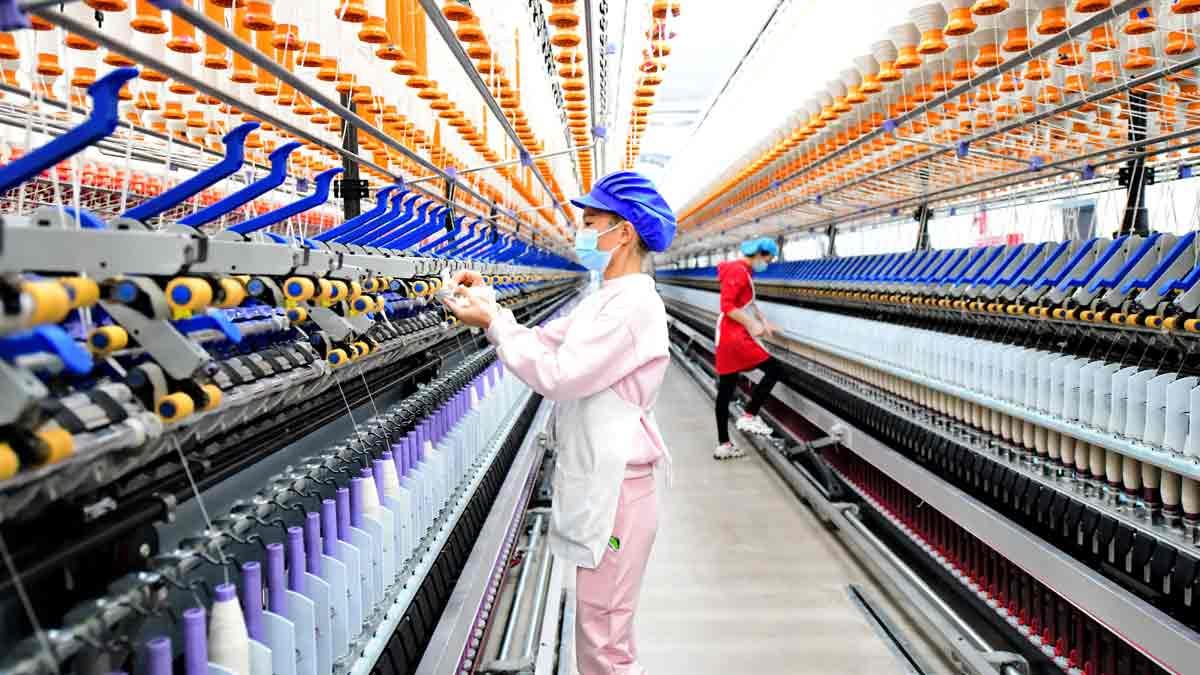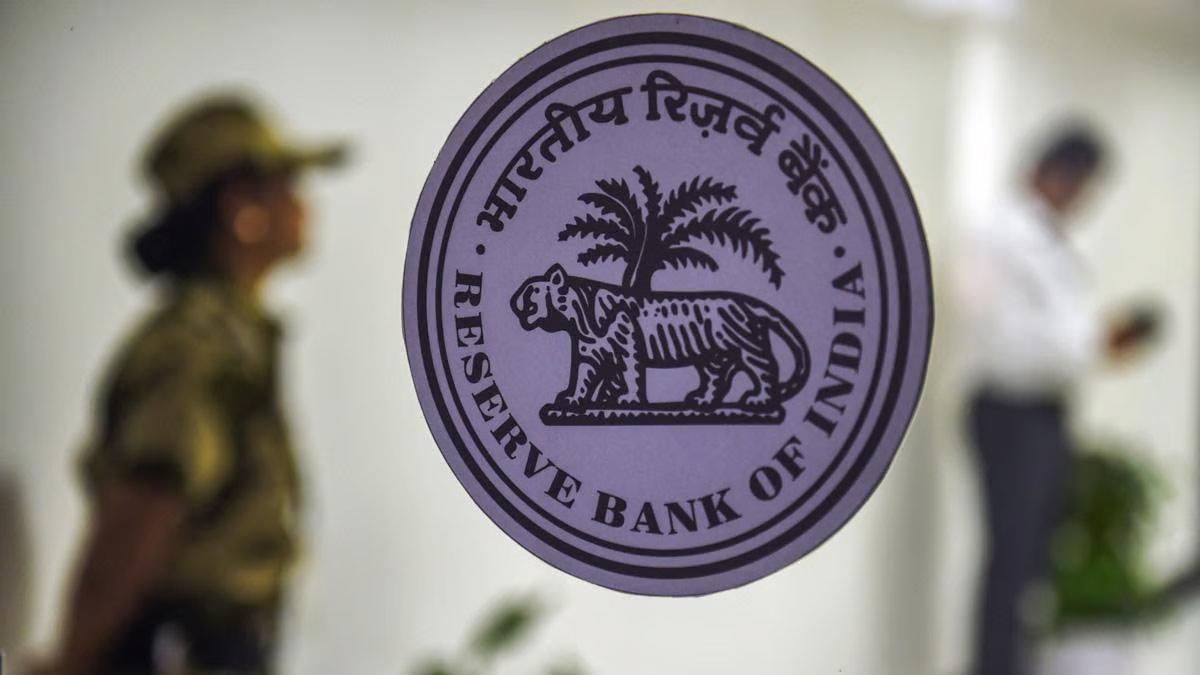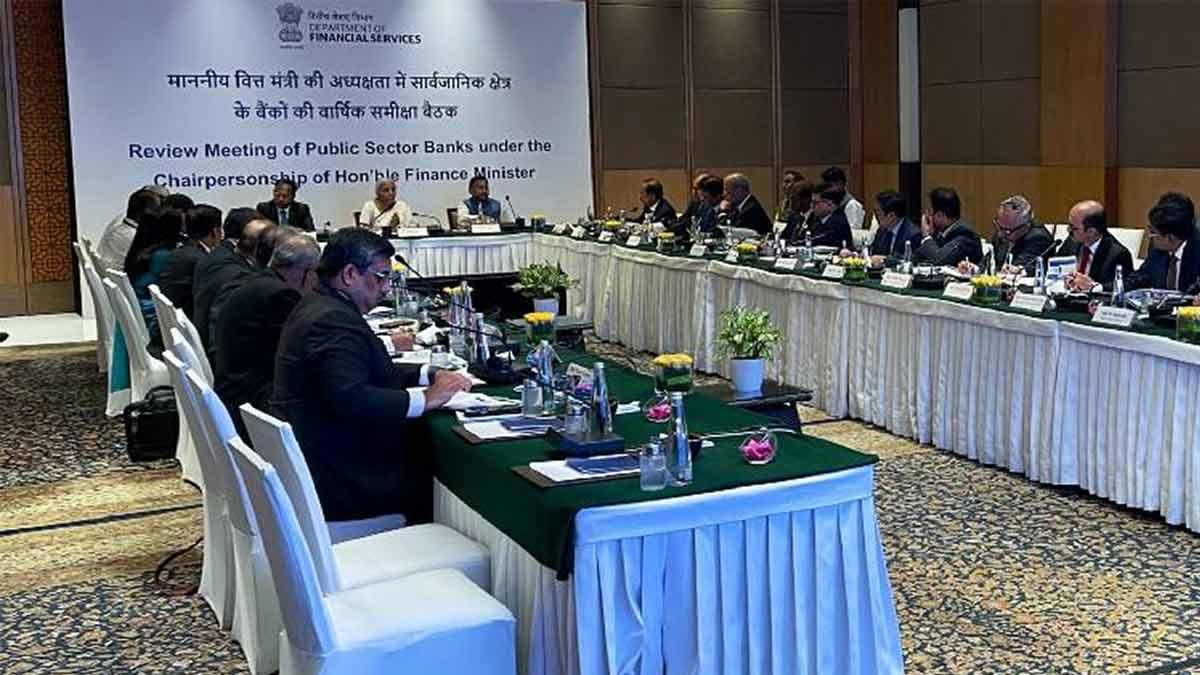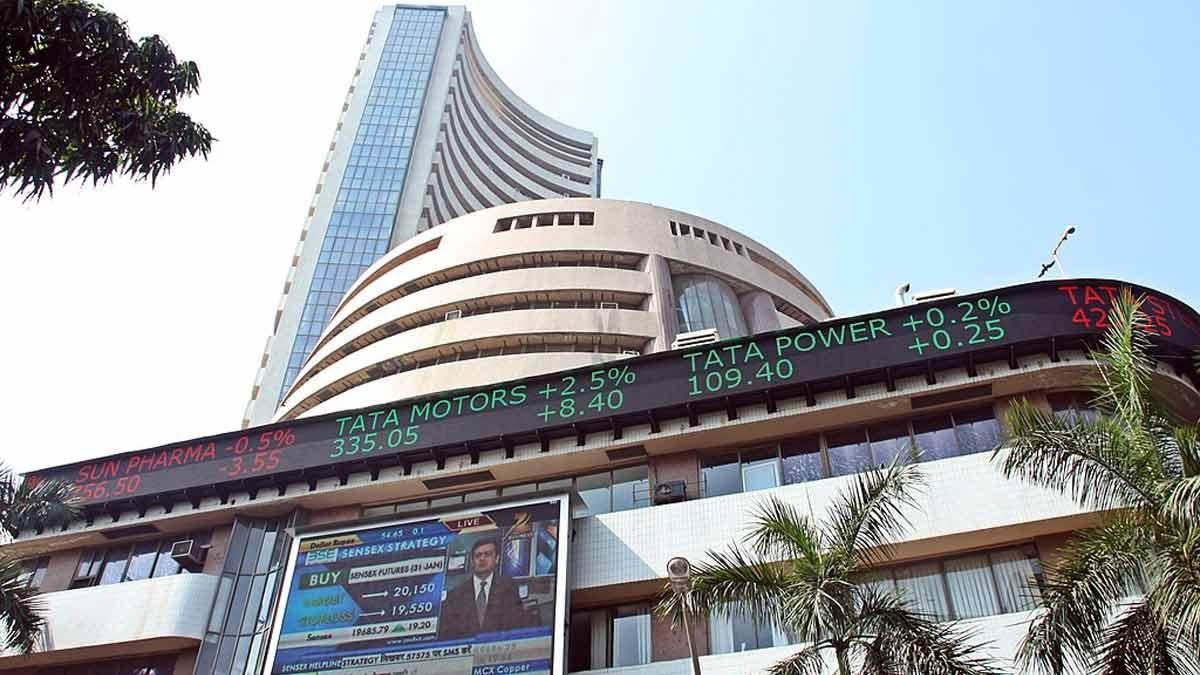The International Monetary Fund (IMF) on Wednesday revised its forecast for China's economic growth to 5 percent, up from the previous estimate of 4.6 percent. However, it also warned of a potential slowdown, projecting growth to decelerate to 3.3 percent by 2029 due to an aging population and slower productivity growth. The IMF recommended that China enhance productivity and persist with economic reforms.
This updated 5 percent growth forecast aligns with the target set by the Chinese government for its economy, which is currently facing challenges from a property sector crisis and industrial overcapacity.
“China's economic growth is projected to remain resilient at 5 per cent in 2024 and slow to 4.5 per cent in 2025,” stated Gita Gopinath, the IMF's First Deputy Managing Director, following the IMF's annual review of China's economic policies.
In the first quarter, China's economy grew by 5.3 percent, despite issues in the property market and weak domestic demand. “The revisions of 0.4 percentage points for both years compared to April projections are due to strong first-quarter GDP data and recent policy measures,” Gopinath explained. Alongside other IMF officials, she held discussions with Chinese finance ministry and banking leaders to evaluate China's economic status.
Gopinath also noted that growth is expected to slow to 3.3 percent by 2029, influenced by an aging population and slower productivity growth.
China’s property sector, a major part of its economy, remains a significant problem, causing widespread financial instability. This month, China took steps to address its struggling property sector by allocating billions to repurchase unsold homes and idle land, aiming to revive its bankrupt real estate sector. The People's Bank of China established a 300-billion-yuan (approximately USD 42.25 billion) re-lending facility for a government-subsidized housing project.
“The ongoing housing market correction, which is necessary for steering the sector towards a more sustainable path, should continue,” Gopinath emphasized. This IMF review precedes a meeting of the ruling Communist Party of China to discuss strategies for boosting the country’s economic outlook.
To achieve high-quality growth, a key objective of Chinese President Xi Jinping, structural reforms are essential to counter challenges and address underlying imbalances, Gopinath noted.
“Key priorities include rebalancing the economy towards consumption by strengthening the social safety net and liberalising the services sector to enable it to boost growth potential and create jobs,” she added.
Gopinath also highlighted China’s role in restructuring the debt of several smaller countries, indicating the IMF’s anticipation of continued cooperation with Chinese authorities.
The Communist Party’s political bureau recently announced a delayed meeting of its plenum to be held in Beijing in July. At that time, the party, led by President Xi Jinping, acknowledged the country’s grim economic outlook due to insufficient demand and an uncertain external environment.
Read Also | China's Massive Investment to Revitalize Troubled Property Market
Read Also | Chinese Investors' Demand for Fund Relocation Heightens Pakistan's Default Risk


















